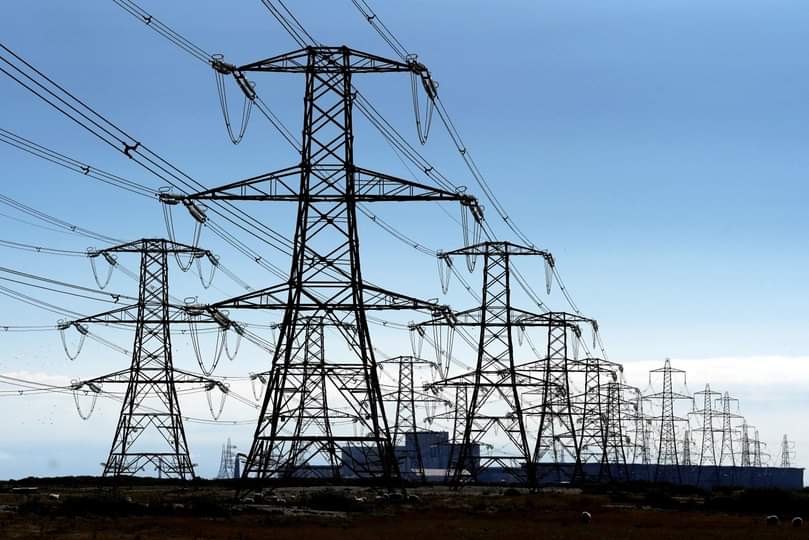Headline
FG slashes electricity supply to Niger Republic

The Federal Government of Nigeria has reduced electricity supply to Niger Republic by 42 per cent, slashing its power export from 80 megawatts to 46MW, amid ongoing tensions with the junta-led government.
This decision has significantly impacted Niger’s national electricity production, causing a 30 to 50 per cent drop and leading to prolonged power cuts, especially in the capital city, Niamey. The state-owned power company, Nigelec, has been forced to implement scheduled outages lasting for days.
Niger’s Energy Minister, Haoua Amadou, disclosed the development in an interview with AFP, attributing the worsening power situation to the Nigerian supply cut and highlighting the country’s growing reliance on solar energy as an alternative.
Recall that Nigeria suspended much of its electricity exports to the West African nation as part of regional sanctions against the junta that toppled civilian President Mohamed Bazoum in July 2023.
On July 26, 2023, officers of the Presidential Guard arrested Bazoum and declared him deposed. This forced the Economic Community of West African States to impose sanctions against the military personnel.
In addition to a one-week ultimatum to restore constitutional order and the suspension of financial transactions with Niger, ECOWAS decreed the freezing of “all service transactions, including energy transactions.”
Although the suspension was lifted, the power supply has remained limited. The minister explained that the neighbouring country, which previously supplied 80MW before the sanctions, has now reduced its supply to just 46MW — a figure far below what is needed to meet local demand.
“Nigeria has since resumed delivering electricity, but only providing 46 megawatts instead of the usual 80 megawatts,” Amadou said.
He added that despite efforts to strengthen local production capacity, Niamey is still subject to controlled power shutdowns. As a result, people and companies are increasingly turning to solar energy to fill the gaps.
A resident Elhadj Abdou, who lives in Niamey’s Lazaret neighbourhood, said rooftop solar panels are an increasingly common sight in Niger’s capital.
“There are no more power cuts here, and there are no bills to pay; everything works on solar energy,” he said.
The panels, which cost 50,000 CFA francs (about 75 euros), mostly imported from China, are regularly sold directly on the street.
Nigeria primarily generates electricity from thermal and hydroelectric sources, with natural gas being the dominant fuel for its over 29 thermal plants.























